

"Walking In Memphis" isn't so much about Memphis as it is The Hollywood Cafe in Mississippi, where Marc Cohn encountered an older woman named Murial playing piano.
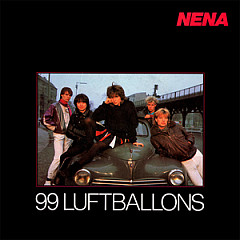
"99 Luftballons" by Nena is about a Cold War scare when balloons showed up on radar and were mistaken as a nuclear threat.
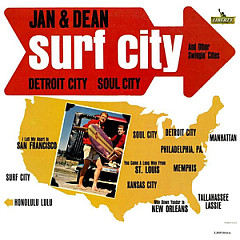
"Surf City" was recorded by Jan & Dean, but written by Brian Wilson of The Beach Boys. It was the first #1 hit Wilson wrote.
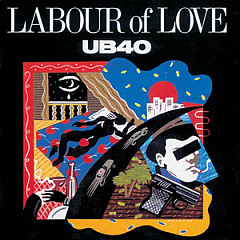
UB40's cover of "Red Red Wine" was a minor hit when first released in 1983, but it went to #1 five years later when radio stations in Phoenix started playing it.
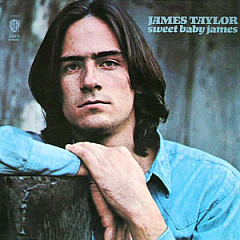
James Taylor wrote "Sweet Baby James" during a road trip to Virginia in honor of his brother’s new baby, also named James, whom he was about to meet for the first time.
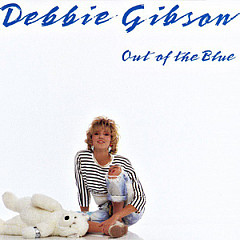
Debbie Gibson was 17 years old when "Foolish Beat" topped the Hot 100. This gave her the honor of becoming the youngest artist ever to write, perform, and produce a #1 single.

A band so baffling, even their names were contrived. Check your score in the Ramones version of Fact or Fiction.

Zac tells the story of Hanson's massive hit "MMMbop," and talks about how brotherly bonds effect their music.

After cutting his teeth on hardcore punk videos, Paul defined the grunge look with his work on "Hunger Strike" and "Man in the Box."
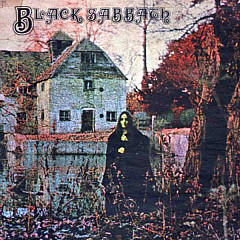
Just how much did these monsters of rock dabble in the occult?
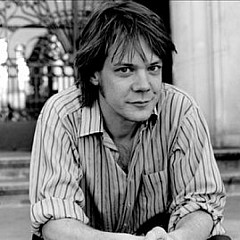
Dave explains how the video appropriated the meaning of "Runaway Train," and what he thought of getting parodied by Weird Al.

Evelyn McDonnell, editor of the book Women Who Rock, on why the Supremes are just as important as Bob Dylan.